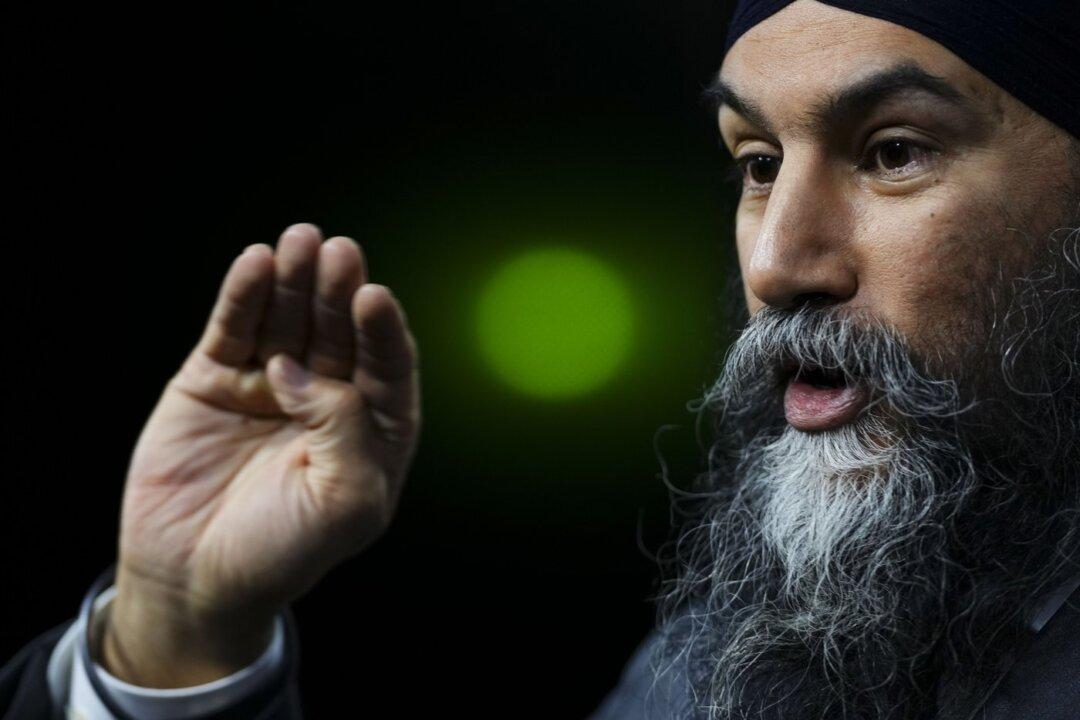NDP Leader Jagmeet Singh is mulling what it would mean if the supply-and-confidence deal that ties his party to the Liberals should end prematurely.
The deal is poised to fall apart if the parties can’t agree on legislation that would set the foundation for a future pharmacare plan by the end of the month.





